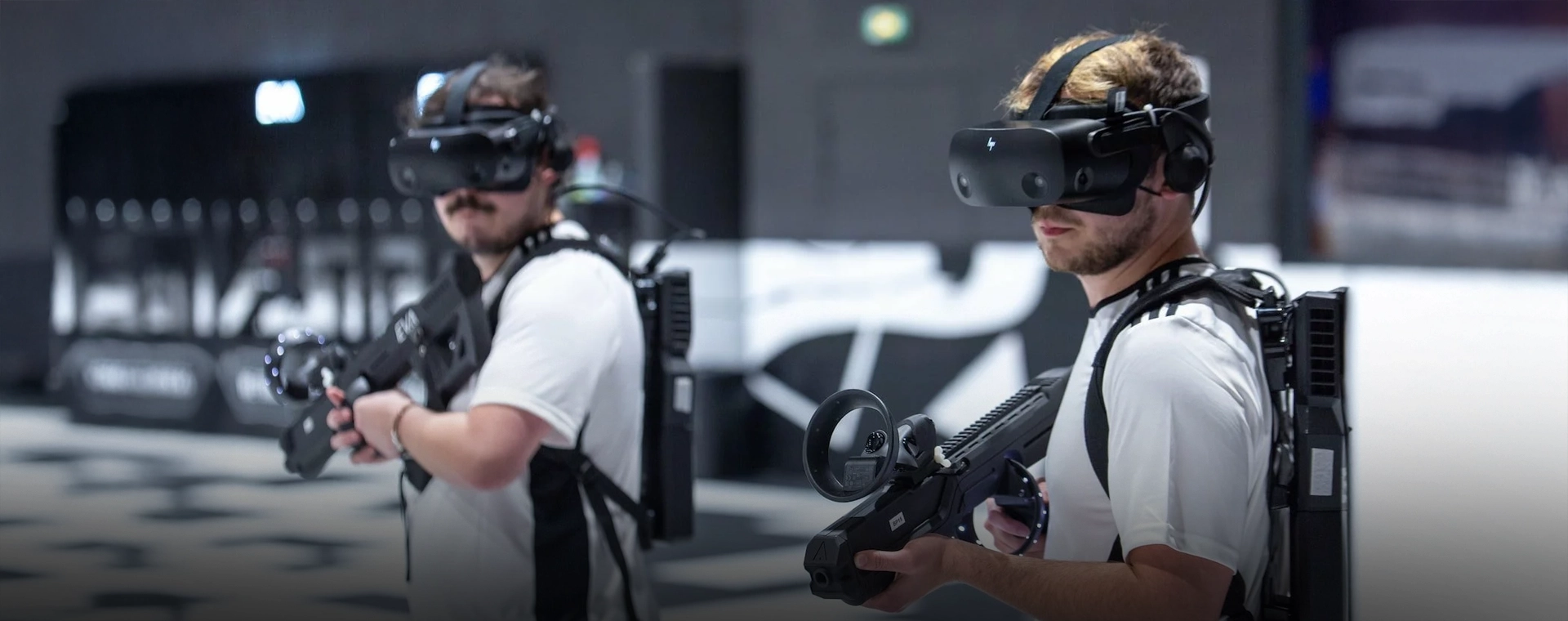
How Virtual Reality Devices Will Change Our World?
In a world where technology continually reshapes our daily lives, few advancements have captured the collective imagination as profoundly as virtual reality (VR). Virtual reality devices have not only transformed entertainment and gaming but are poised to change our world in ways we could hardly have imagined. From healthcare and education to business and social interactions, VR is rapidly reshaping the way we experience and interact with the world around us.
Enhanced Learning and Education

Virtual reality is revolutionizing education by creating immersive learning experiences. Traditional education methods are often limited by physical constraints, but VR breaks down these barriers.
With VR headsets, students can explore historical events, dissect complex biological systems, or even journey into outer space—all from the comfort of their classrooms. This immersive learning not only makes education more engaging but also enhances retention and understanding of complex subjects.
Moreover, VR is particularly beneficial for remote or online education, allowing students to interact with teachers and peers in virtual classrooms. This technology levels the playing field, making quality education accessible to students worldwide.
Healthcare and Therapy

In healthcare, VR is proving to be a game-changer. Medical professionals are using VR for surgical training, allowing surgeons to practice complex procedures in a risk-free environment. This reduces the likelihood of errors during actual surgeries and enhances patient safety.
VR is also being employed in therapy and rehabilitation. Patients suffering from PTSD, phobias, or physical injuries can undergo therapy in a controlled virtual environment, gradually exposing them to their fears or helping them regain lost mobility.
Additionally, VR is being used to alleviate pain and anxiety during medical procedures. By immersing patients in soothing virtual environments, healthcare providers can reduce the need for sedatives and painkillers.
Business and Workspaces

Virtual reality is reshaping the way we work. Remote work has become increasingly common, and VR is making it more immersive and collaborative. Virtual offices and meeting spaces allow teams to work together from different corners of the globe, making it feel as if they are in the same room.
Training and onboarding processes have also been improved with VR. New employees can undergo realistic simulations and hands-on training, speeding up their integration into the workforce.
Additionally, VR is transforming product design and development. Engineers and designers can create and test prototypes in a virtual space, saving time and resources.
Entertainment and Gaming

While entertainment was the initial driving force behind VR's popularity, it continues to evolve and captivate audiences. VR gaming is more immersive than ever, with realistic graphics and interactive experiences. Gamers can physically move and interact within virtual worlds, making gameplay more engaging.
Beyond gaming, VR is revolutionizing the entertainment industry as a whole. Concerts, movies, and sporting events can now be experienced in virtual reality, allowing people to enjoy live performances from the comfort of their homes.
Social Interactions

Virtual reality is transforming the way we socialize. With VR chatrooms and social platforms, people can meet and interact with others from around the world in a virtual environment. This technology bridges the gap between physical and virtual interactions, enabling friends and family to spend time together even when they are geographically separated.
For individuals with limited mobility or those who experience social anxiety, VR offers a safe and inclusive space to connect with others. Virtual gatherings and parties are becoming increasingly popular, fostering a sense of togetherness in a digital age.
Travel and Exploration

Virtual reality is changing the way we explore the world. With VR, you can visit exotic destinations, explore historical landmarks, and embark on virtual tours of museums and cultural sites—all without leaving your home. This has significant implications for the travel industry, allowing people to preview destinations and plan their trips more effectively.
Moreover, VR is being used in archaeology and anthropology to virtually reconstruct ancient civilizations and study historical artifacts. It offers researchers new ways to analyze and preserve cultural heritage.
Environmental Impact
As virtual reality becomes more widespread, it has the potential to reduce our carbon footprint. Virtual meetings and conferences can significantly decrease the need for business travel, leading to fewer emissions from transportation. Similarly, virtual tourism can reduce the environmental impact associated with traditional tourism.
By reducing the demand for physical presence in various aspects of life, VR can contribute to sustainability efforts and help combat climate change.
Challenges and Ethical Considerations
While the potential of virtual reality is immense, it also raises important ethical and social questions. Issues related to privacy, addiction, and the blurring of reality and virtual worlds must be carefully addressed. As VR becomes more integrated into our lives, it is crucial to strike a balance between its benefits and potential risks.
Final Thoughts
Virtual reality devices are poised to change our world in profound ways, impacting industries like education, healthcare, business, entertainment, and more. The transformative power of VR lies in its ability to create immersive experiences that enhance our lives and expand our horizons.
However, as with any technological advancement, careful consideration of ethical and societal implications is essential to ensure that virtual reality continues to enrich our lives without unintended consequences. The future of VR is promising, and as technology continues to evolve, we can expect even more astonishing innovations that will shape our world in ways we can only begin to imagine.